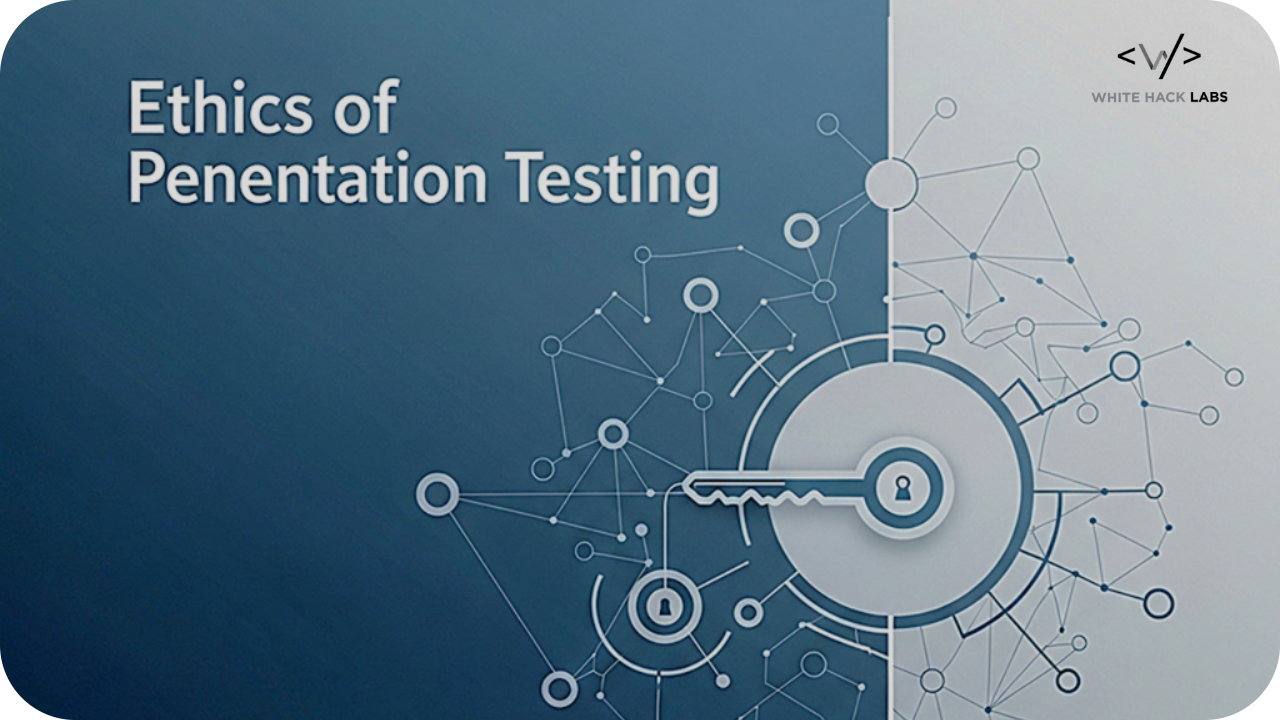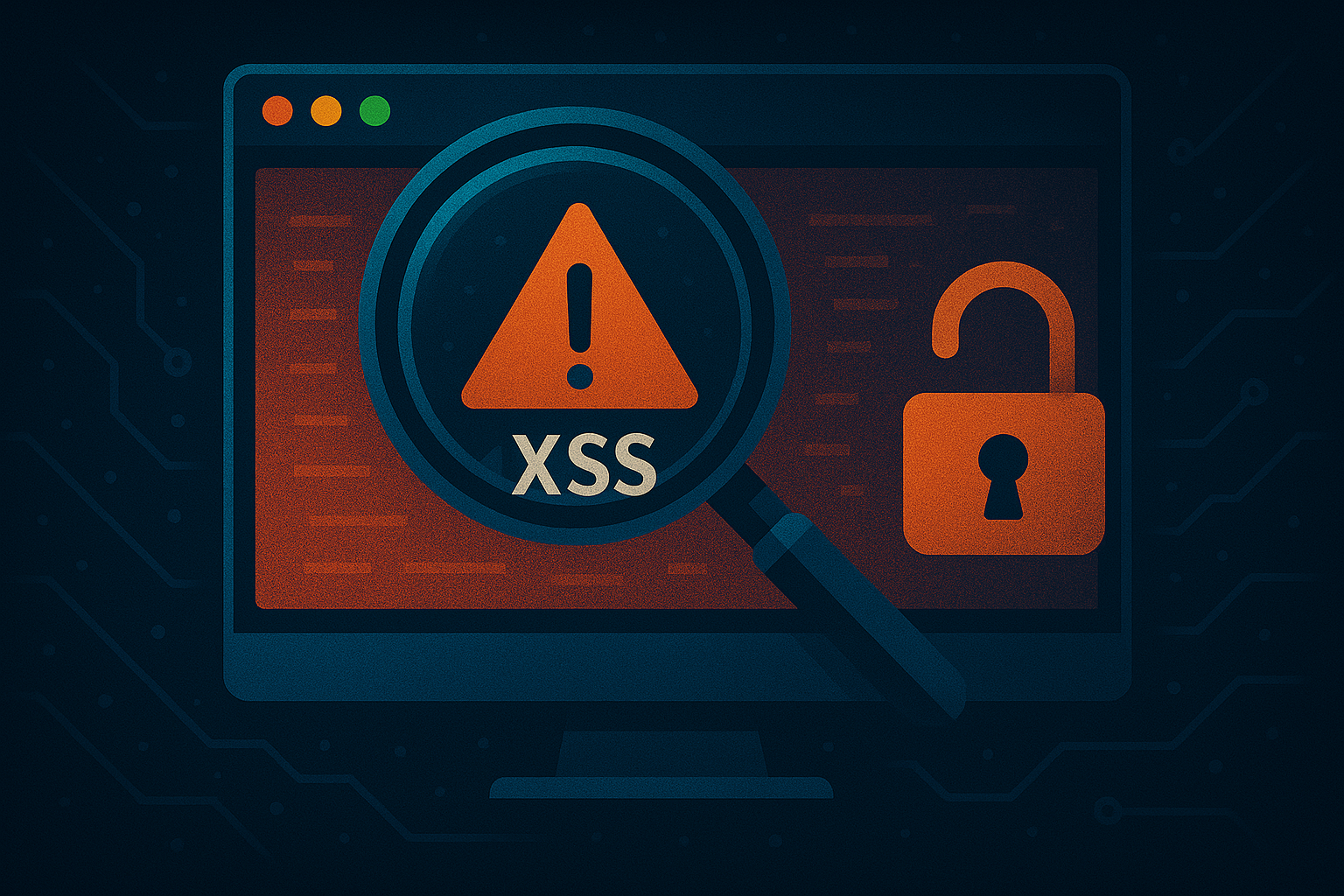
In the present day ever-changing digital economy, SaaS is now a crucial part of today’s modern business processes. SAAS applications are core to several organizations’ operations, including project management, data storage, CRM applications and communication. Therefore, as organizations rely more and more on SaaS there is increased likelihood of security vulnerabilities. This is the point at which SaaS penetration testing becomes more of a necessity than a luxury.
Penetration Testing for SaaS
A simulated cyberattack called SaaS penetration testing is run to find holes in the SaaS application. However, because SaaS programs are deployed and accessed via the cloud, standard on-premises software is an attacker's dream.
As a penetration testing technique, the primary objectives are to establish if there are other opportunities where the application may be at risk before the evil players will define them and looks for ways to make the security of the application even stronger.
The Particular Difficulties in SaaS Security
SaaS apps vary from traditional Software in that they provide particular security problems.
Multi-Tenancy: SaaS apps frequently function in a multi-tenant setting, allowing several users to share a single program instance. It is essential to guarantee data isolation and stop cross-tenant threats.
Continuous Deployment: To offer new features and enhancements, SaaS companies regularly update their apps. This cycle of constant deployment may unintentionally develop new vulnerabilities.
Third-Party Integrations: Even if SaaS applications are fully contained within the organization, they often integrate with third-party services and APIs, which increases the surface for attacks and complexity of the security picture.
Sensitive Data: The SaaS applications necessarily work with customers’ data, including personal information, financial or other records, and other types of company data. One of the major aspects of compliance and integrity is the protection of such information.
Why SaaS Penetration Testing Is Important
SaaS penetration testing is essential in light of these difficulties for several reasons:
Preventive Risk Assessment Companies have options to address security concerns before and during the process of getting compromised; in this case, organizations can regularly carry out penetration tests. More so, compared to automated tools, penetration testers can identify some anomalous situations that may prove to be vulnerable to an attack in real life scenarios. It then means that through such measures, the possibility of such a threat manifesting itself in an organization may be minimized.
Regulatory and Compliance Needs Strict regulatory regulations about data security apply to several businesses. Organizations may show compliance with regulations like GDPR, HIPAA, and PCI-DSS by conducting regular penetration tests. If these conditions are not met, harsh financial fines and reputational harm may occur.
Preserving Private Information Organizations handling sensitive data must guarantee the security of their SaaS services. Penetration testing assists in locating weaknesses that can result in data breaches, shielding the company and its clients from possible harm.
Preserving Client Confidence Trust is a vital resource in the digital era. Clients must be assured that their data and the services they depend on are safe. Frequent penetration testing preserves client loyalty and confidence while displaying a dedication to security.
How is SaaS Penetration Testing done
Multiple technological stages are involved in an extensive SaaS penetration test:
Identifying Data on the SaaS application's architecture, parts, and possible access points are gathered in this first stage. Testers employ passive and aggressive strategies to gather information without warning the target.
Examining Vulnerabilities Automated technologies scan the program for known vulnerabilities. These tools can swiftly find common problems, such as out-of-date Software, incorrect setups, and weak passwords. However, automated scans should include manual testing to see more intricate vulnerabilities.
Exploitation Testers try to exploit vulnerabilities they have found to assess their possible effect at this step. This might entail unauthorized access to private information, SQL injection attacks, or cross-site scripting (XSS). The idea is to determine how an attacker can exploit these weaknesses.
Post-Exploitation Testers evaluate what else they can do after they have access, such as moving laterally throughout the network or exfiltrating data. This stage aids in estimating the total amount of possible harm an attacker may cause.
Documentation and Correction The last stage is recording the results and offering thorough remedy recommendations. For developers and security teams to comprehend the vulnerabilities and implement fixes, this report is essential.
Including Penetration Testing for SaaS in Security Programs
Organizations should include SaaS penetration testing in their security programs to optimize its advantages. This includes:
Frequent Testing: Performing penetration testing regularly, particularly following significant modifications to the infrastructure or application. It ensures tight coordination between the development, operations, and security teams. This promotes a security-conscious culture and aids in quickly addressing issues.
Continuous Monitoring: Automated testing techniques and constant monitoring are used to find and fix vulnerabilities instantly.
Training and Awareness: Provide continuous training to update developers and IT workers on the newest security risks and best practices.
SaaS Penetration Testing at White Hack Labs
We at White Hack Labs know the difficulties and complexities of protecting SaaS apps. Our skilled penetration testing team combines manual and automated tool usage to find even the most hidden vulnerabilities. We provide customized penetration testing services that fit your company's unique requirements and risk profile.
Working with White Hack Labs ensures that your SaaS apps are safe, compliant, and strong against the constantly changing threat landscape. Our in-depth studies offer valuable insights and doable suggestions to help you improve your security posture and safeguard your most important assets.
Conclusion
Today, SaaS applications are rightly considered as vital for business processes; that is why it is even more important to protect them with regular penetration tests. In this way, the organizations can learn about potential risks and failure modes and address them before someone else does – steal confidential information, put the company risking regulatory non-compliance or damaging the consumers’ trust. SaaS penetration testing is critical to a coherent and robust security plan, besides being an investment in security. White Hack Labs is committed to help companies to overcome the difficulties entailing SaaS security. Contact us for more information about our penetration testing service solutions and on how can we assist you in the achievement of your security goals.




